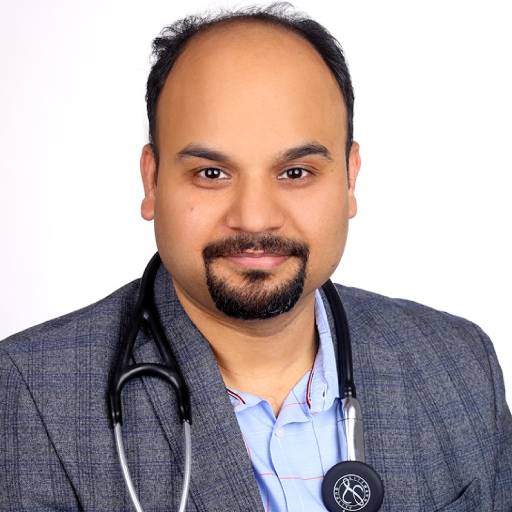The saying “You are what you eat” takes on a profound meaning when it comes to cancer prevention. Growing evidence suggests that a healthy diet can play a significant role in reducing the risk of cancer. By making mindful food choices, you can support your body’s defenses and potentially lower your chances of developing cancer. We’ll explore the vital role diet plays in cancer prevention and provide practical tips for a healthier lifestyle.

Understanding the Link Between Diet and Cancer
How Diet Influences Cancer Risk
Certain foods and dietary patterns can either increase or decrease your risk of cancer. Here’s how diet can impact cancer development:
- Antioxidants: Foods rich in antioxidants help protect cells from damage caused by free radicals, which can lead to cancer.
- Fiber: High-fiber diets are linked to a lower risk of colorectal cancer. Fiber aids in digestion and helps remove carcinogens from the body.
- Inflammation: Some foods can either reduce or promote inflammation. Chronic inflammation is a known risk factor for many cancers.
Body Weight: Maintaining a healthy weight through diet can reduce the risk of obesity-related cancers, such as breast and endometrial cancer.
Foods That Help Prevent Cancer
What Should You Include in Your Diet?
Incorporating certain foods into your diet can help lower your cancer risk. Here are some cancer-fighting foods to consider:
- Fruits and Vegetables: Rich in vitamins, minerals, and antioxidants. Aim for a variety of colors to ensure a range of nutrients.
- Whole Grains: Brown rice, oats, quinoa, and whole-wheat products are excellent sources of fiber.
- Lean Proteins: Fish, poultry, beans, and legumes provide protein without the unhealthy fats found in red and processed meats.
Healthy Fats: Include sources of omega-3 fatty acids, such as flaxseeds, walnuts, and fatty fish, to reduce inflammation.
Benefits of These Foods:
- Fruits and Vegetables: Lower risk of several types of cancer, including mouth, throat, and stomach cancer.
- Whole Grains: Aid in digestion and reduce colorectal cancer risk.
Lean Proteins: Support overall health without adding harmful fats.
- Healthy Fats: Reduce inflammation and support cell health.
Foods to Limit or Avoid
What Should You Cut Back On?
Certain foods and beverages have been linked to an increased risk of cancer. To protect your health, consider limiting or avoiding the following:
- Processed Meats: Sausages, hot dogs, and deli meats contain preservatives and chemicals that can increase cancer risk.
- Red Meat: High consumption of red meat has been associated with colorectal cancer.
- Sugary Drinks and Snacks: Excessive sugar intake can lead to obesity, a risk factor for many cancers.
- Alcohol: Even moderate alcohol consumption can increase the risk of several types of cancer, including breast and liver cancer.
Practical Tips for a Cancer-Preventive Diet
How to Make Healthy Eating a Habit
Making lasting changes to your diet can be challenging, but these tips can help you get started:
- Plan Your Meals: Prepare a weekly menu that includes a variety of cancer-fighting foods.
- Cook at Home: Home-cooked meals allow you to control ingredients and portion sizes.
- Stay Hydrated: Drink plenty of water throughout the day and limit sugary beverages.
- Read Labels: Be mindful of food labels and avoid items with high levels of additives and preservatives.
- Enjoy Moderation: It’s okay to indulge occasionally, but strive for balance and moderation in your diet.
Your diet is a powerful tool in the fight against cancer. By making informed food choices and adopting a healthy eating pattern, you can support your body’s natural defenses and reduce your cancer risk. Remember, small changes can lead to significant health benefits over time.
For more information and personalized guidance, please contact Easy Treatment India.

